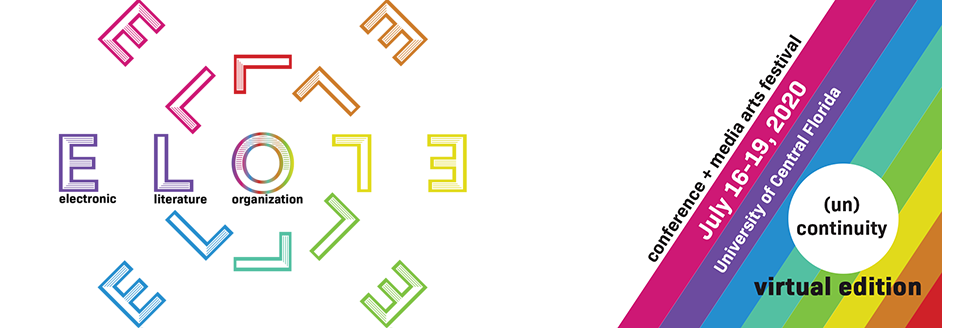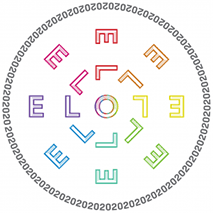Proposal Title
Twine Games for Health & Science Communication
Streaming Media
Submission Type
Conference Talk - Individual
Abstract
This talk offers initial insights and lessons learned from two pilot studies using interactive digital narrative (IDN) as educational interventions seeking to effect positive behaviour change regarding topics of global social issues: climate change and antimicrobial resistance.
“You and CO2” is a series of workshops for secondary school students: the researchers led hands-on sessions in the chemistry of carbon footprints, reading a climate-change-themed IDN, and composing IDNs on the same theme. The project’s overall aim is to effect observable attitude changes in the students regarding elements of their lifestyles that contribute to climate change.
“Infectious Storytelling” centres on affecting patient behaviours that contribute to antimicrobial resistance: in this project, researchers examine tuberculosis’s (TB) representation in creative media, which informed a purpose-built IDN to effect positive change in public behaviour surrounding the current epidemic of antimicrobial-resistant TB.
Both these issues contribute to increasingly urgent “global challenges”: issues of climate change and ineffectiveness of medication for treatment of communicable diseases, particularly with regard to highly mobile and interspersed populations. Specifically, these studies seek to evaluate the efficacy of entertainment-based IDNs for effecting personal perception and behaviour change on these topics. As using gameplay for teaching increases, students may develop resistance to obvious “edutainment”, or media specifically created to educate, while pure entertainment can be shown to have significantly demonstrable effects on the public. This talk centers on the creative aspects of creating the IDNs for these specific purposes.
Twine Games for Health & Science Communication
This talk offers initial insights and lessons learned from two pilot studies using interactive digital narrative (IDN) as educational interventions seeking to effect positive behaviour change regarding topics of global social issues: climate change and antimicrobial resistance.
“You and CO2” is a series of workshops for secondary school students: the researchers led hands-on sessions in the chemistry of carbon footprints, reading a climate-change-themed IDN, and composing IDNs on the same theme. The project’s overall aim is to effect observable attitude changes in the students regarding elements of their lifestyles that contribute to climate change.
“Infectious Storytelling” centres on affecting patient behaviours that contribute to antimicrobial resistance: in this project, researchers examine tuberculosis’s (TB) representation in creative media, which informed a purpose-built IDN to effect positive change in public behaviour surrounding the current epidemic of antimicrobial-resistant TB.
Both these issues contribute to increasingly urgent “global challenges”: issues of climate change and ineffectiveness of medication for treatment of communicable diseases, particularly with regard to highly mobile and interspersed populations. Specifically, these studies seek to evaluate the efficacy of entertainment-based IDNs for effecting personal perception and behaviour change on these topics. As using gameplay for teaching increases, students may develop resistance to obvious “edutainment”, or media specifically created to educate, while pure entertainment can be shown to have significantly demonstrable effects on the public. This talk centers on the creative aspects of creating the IDNs for these specific purposes.




Bio
Lyle researches and teaches Creative Writing and Digital Media, conducting practice-based research into writing, reading/playing, and publishing digital and transmedia narratives. Her recent digital fiction includes No World 4 Tomorrow for the You & CO2 project, and Only, Always, Never for the Infectious Storytelling project; both works were designed to effect social change. She is the founder of Wonderbox Publishing, which publishes speculative digital fiction, aiming to explore innovations in digital and online publishing and creativity. Her digital fiction can be found at lyleskains.com; articles in Convergence, Digital Creativity, and Computers and Composition; and books on Digital Authorship (Cambridge UP), and forthcoming Emerald and Bloomsbury.